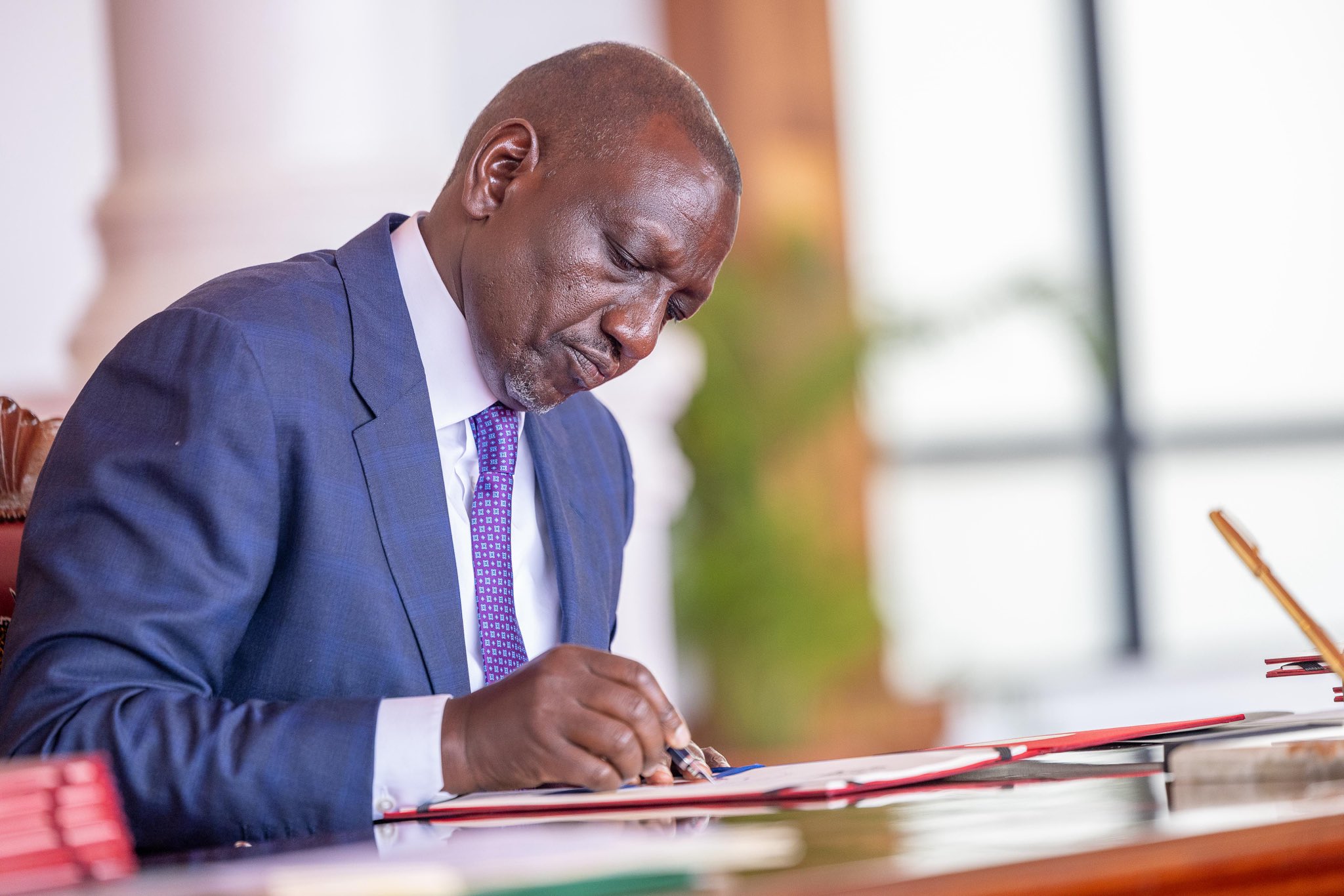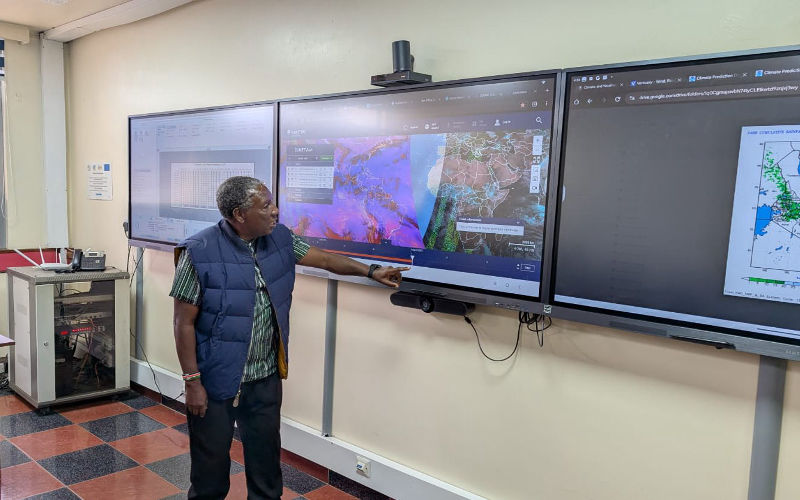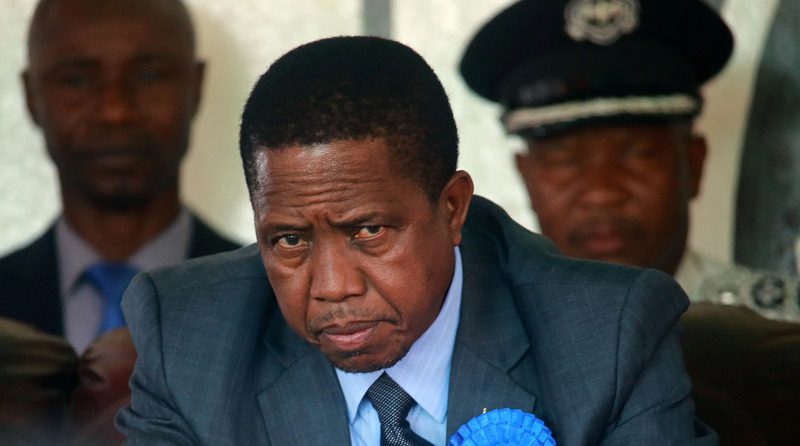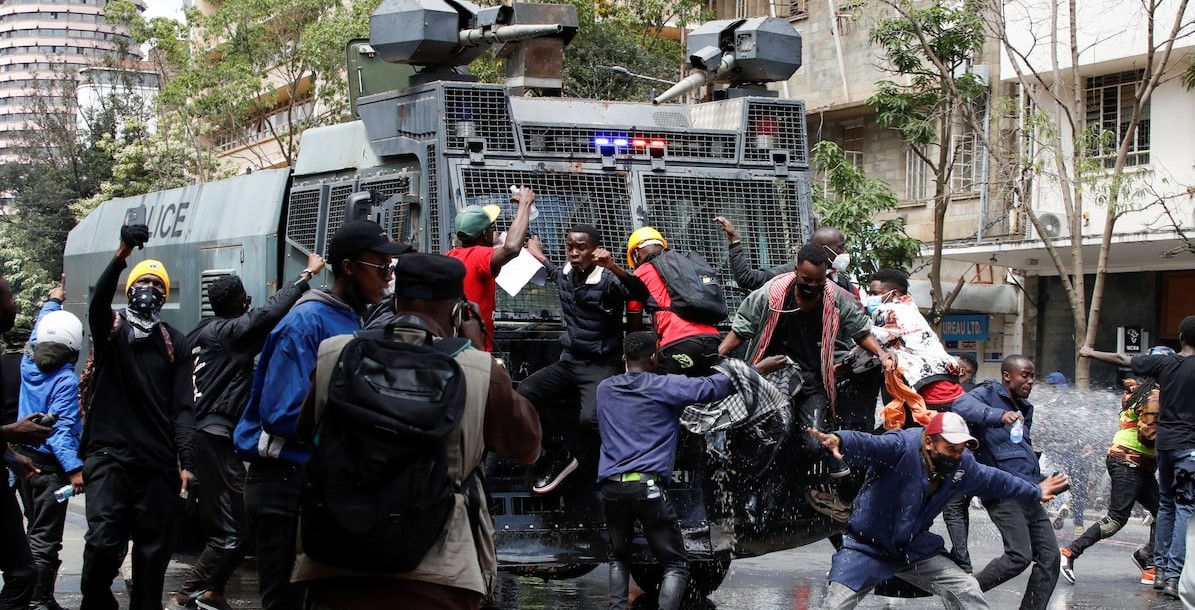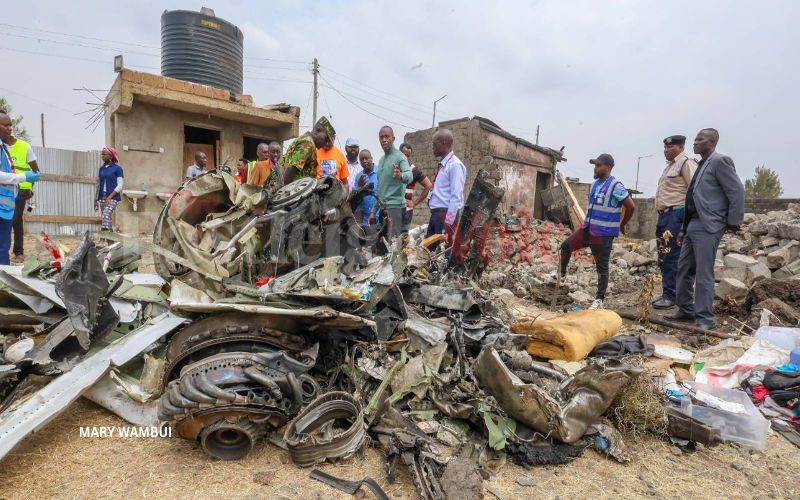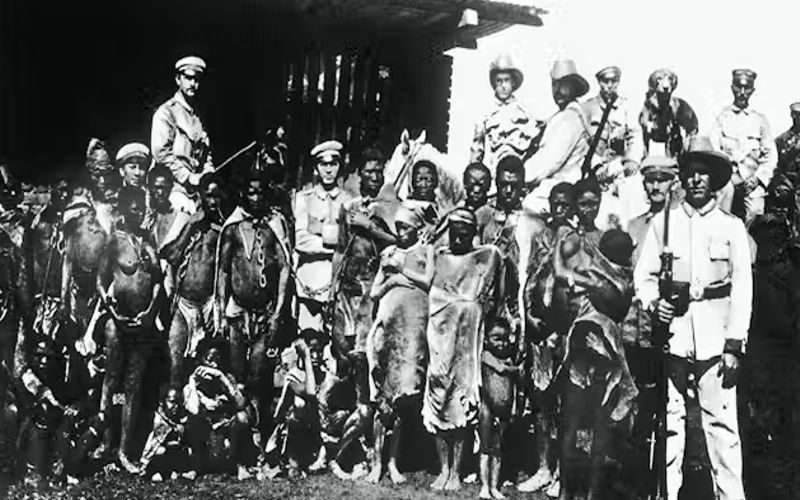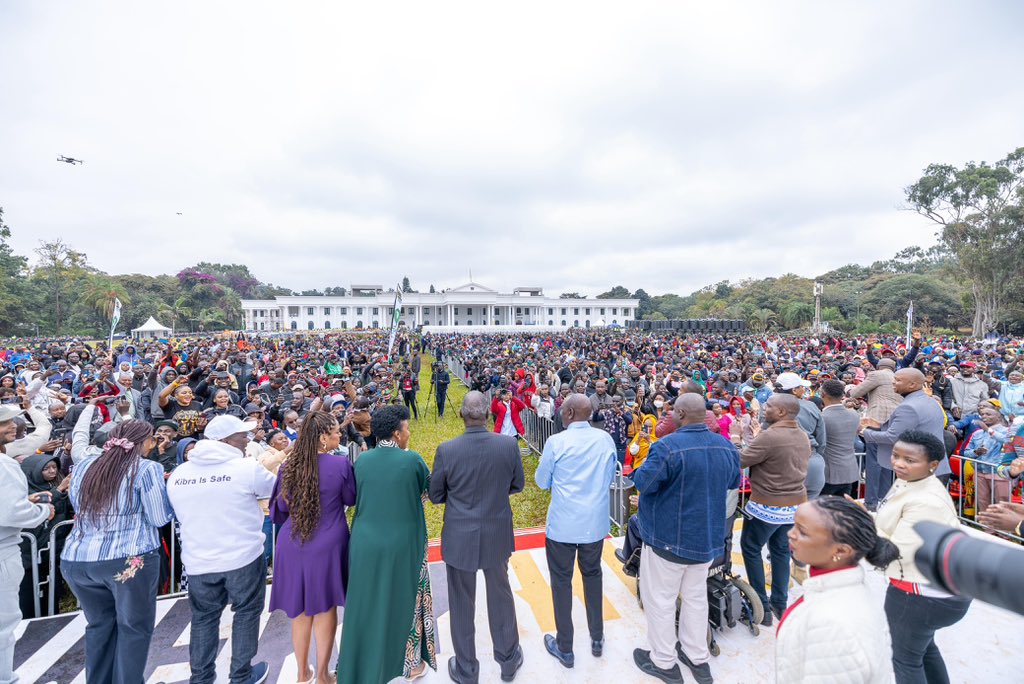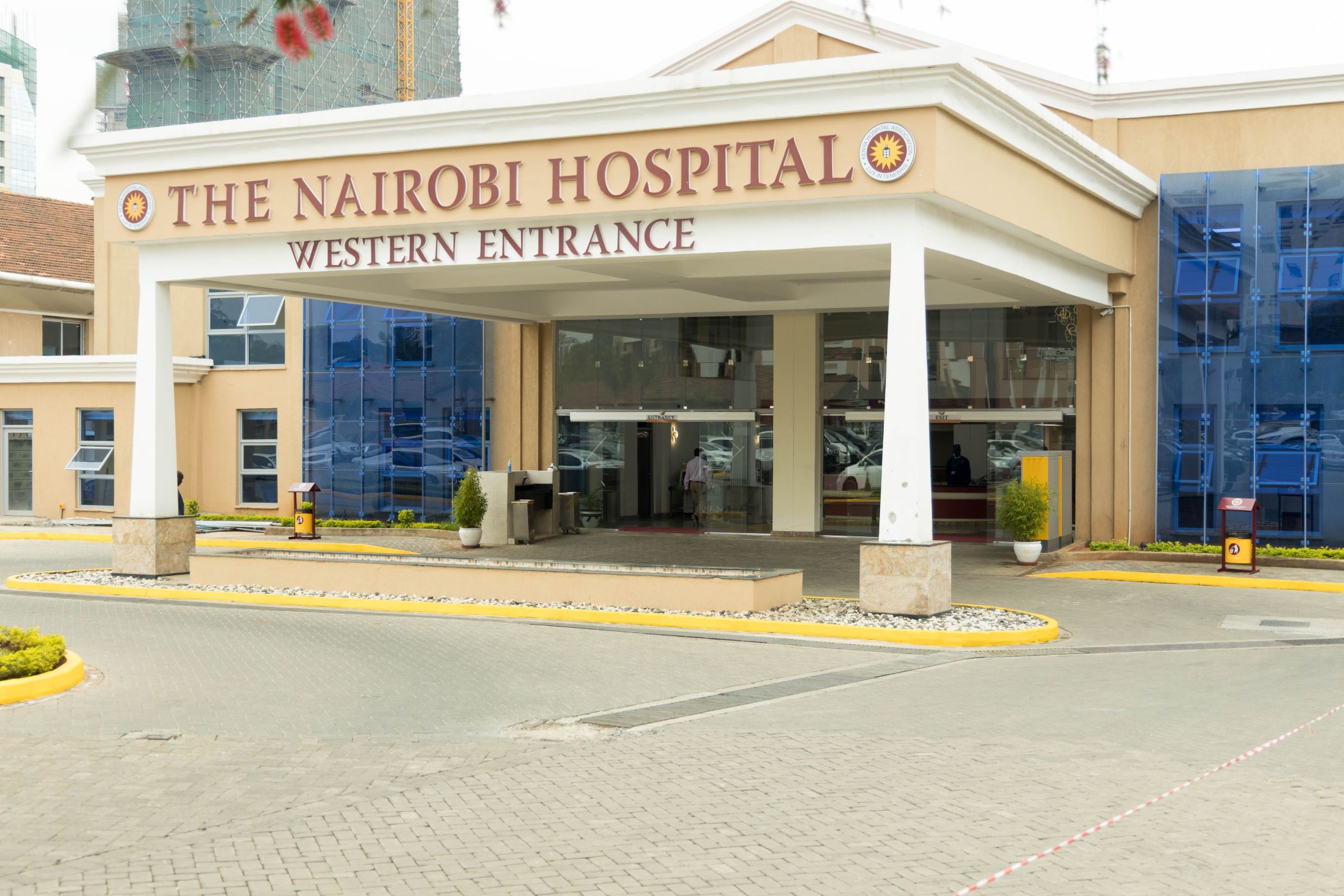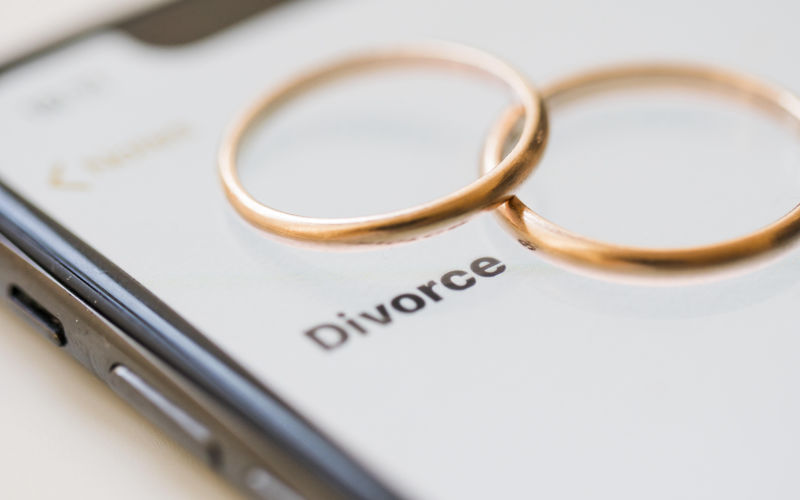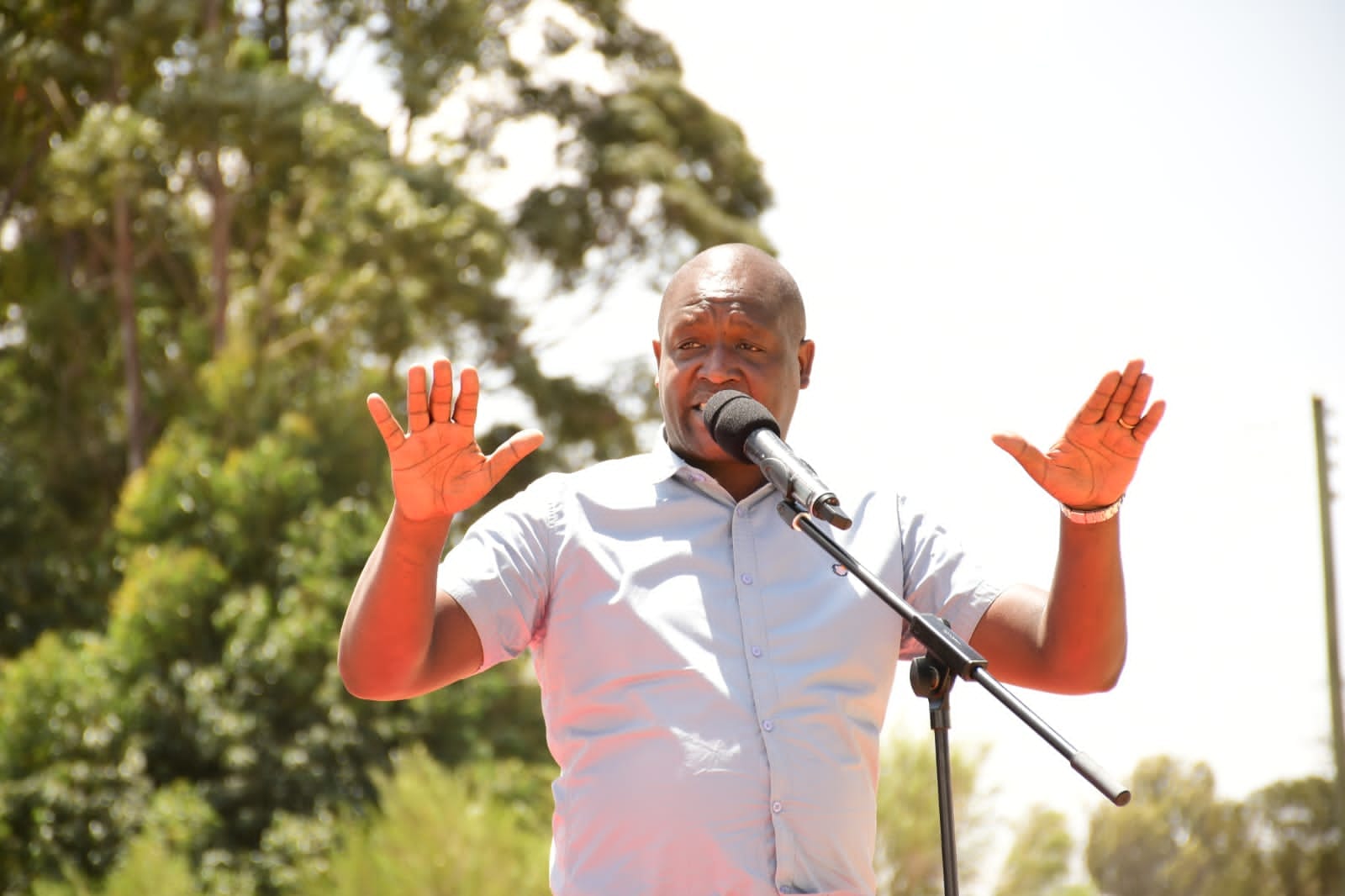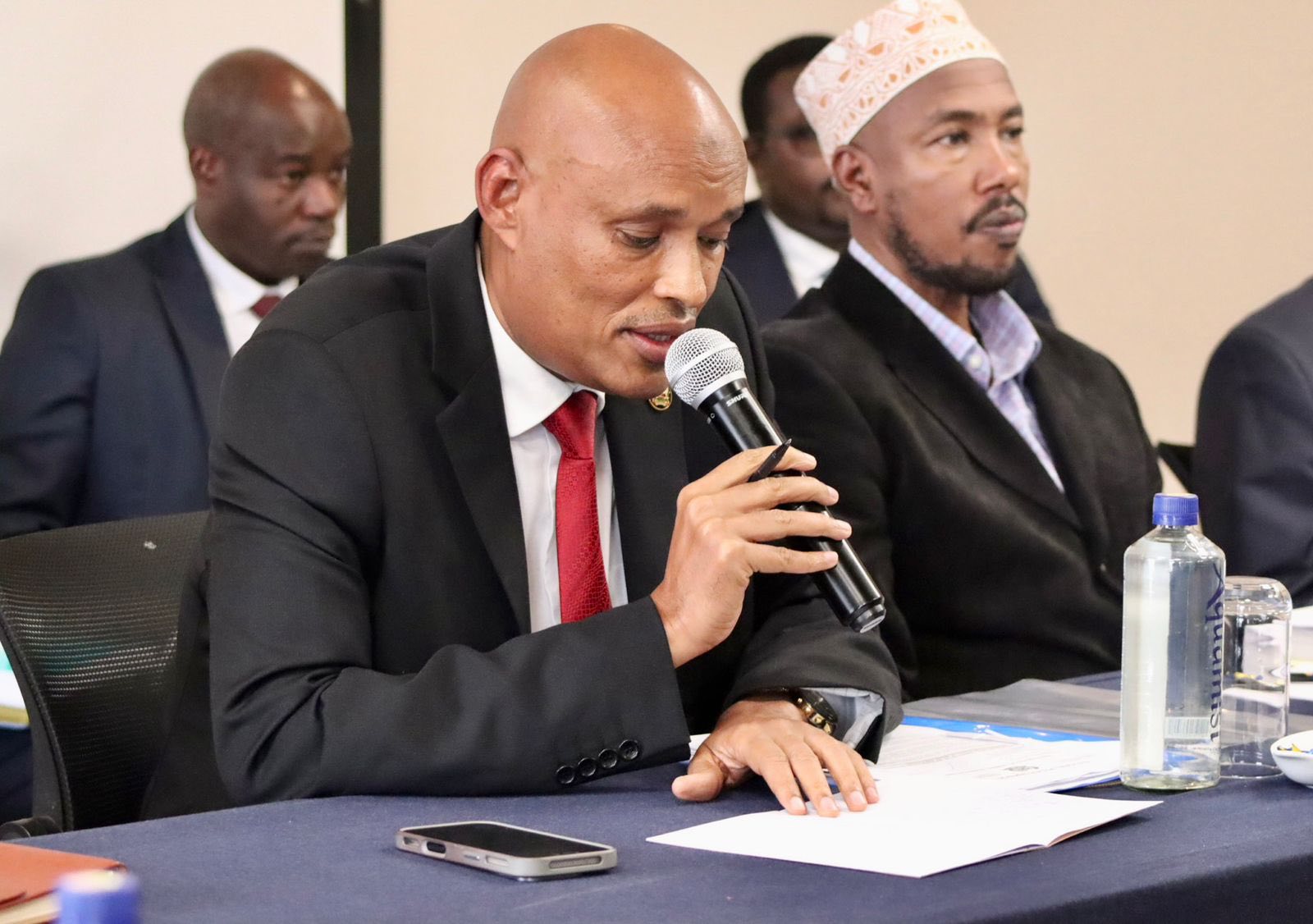UN inquiry accuses Israel of crime of 'extermination' in destruction of Gaza health system
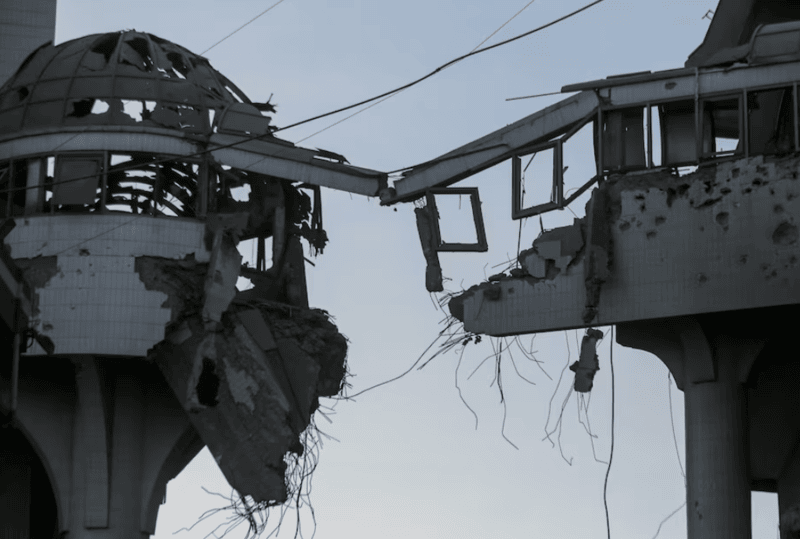
The commission has accused Israel of obstructing its work and preventing investigators from accessing both Israel and the Palestinian territories.
A United Nations inquiry said on Thursday it found that Israel carried out a concerted policy of destroying Gaza's healthcare system in the Gaza war, actions amounting to both war crimes and the crime against humanity of extermination.
A statement by former U.N. High Commissioner for Human Rights Navi Pillay that accompanied the report accused Israel of "relentless and deliberate attacks on medical personnel and facilities" in the war.
More To Read
- M23 rejects UN report linking group to civilian massacres in eastern DRC
- Nearly 800 aid trucks enter Gaza through Kerem Shalom after Israel eases restrictions
- World Court just ruled countries can be held liable for climate change damage – What does that mean for US?
- Israeli strike on Palestine Red Crescent headquarters kills staffer amid Gaza aid crisis
- Gaza: ‘No one should ever be forced to risk their life to find food,’ says UN humanitarian agency
- Former ICT Cabinet Secretary Nyambura Ndung’u appointed to senior UN role
"Children in particular have borne the brunt of these attacks, suffering both directly and indirectly from the collapse of the health system," said Pillay, whose 24-page report covering the first 10 months of the war will be presented to the U.N. General Assembly on Oct. 30.
Israel's prime minister's office and its foreign ministry did not immediately respond to requests for comment.
Israel says that Hamas operate from the cover of built-up populated areas including private homes, schools and hospitals and that it will strike them wherever they emerge, while also trying to avoid harming civilians. Hamas denies hiding weapons and command posts among civilians.
The U.N. inquiry's statement also accused Israeli forces of deliberately killing and torturing medical personnel, targeting medical vehicles and restricting permits for patients to leave the besieged Gaza Strip.
As an example, it cited the death of a Palestinian girl, Hind Rajab, in February along with family members and two medics who came to rescue her from under Israeli fire as they evacuated. The report said the ambulance was hit by a tank shell while within 50 meters (55 yards) of the family despite its route having been coordinated in advance with Israeli security forces.
The World Health Organisation says over 10,000 patients requiring urgent medical evacuation have been prevented from leaving Gaza since the Rafah border crossing with Egypt was shut in May. The Palestinian health ministry says nearly 1,000 medics have been killed in Gaza in the past year in what the WHO called "an irreplaceable loss and a massive blow to the health system".
In cases where four hospitals were asked to evacuate by Israeli forces, the inquiry found that the orders were "not feasible" since they did not give medics the time to evacuate hundreds of patients and Israeli forces did not assist them.
It also said the treatment of both Palestinian detainees in Israel and hostages seized by Hamas in the Oct. 7 attack had been investigated and it accused both sides of involvement in torture and sexual violence.
The Commission of Inquiry has a broad mandate to collect evidence and identify suspected perpetrators of international crimes committed in Israel and the occupied Palestinian territories. It bases its findings on a range of sources including interviews with victims and witnesses, submissions and satellite imagery.
The commission has previously alleged that both Israel and Hamas committed war crimes in the early stages of the Gaza war and that Israel's actions also constituted crimes against humanity because of the immense civilian losses. The term is reserved for the most serious international crimes knowingly committed as part of a widespread or systematic attack against civilians.
Israel has not cooperated with the inquiry, which it says has an anti-Israel bias. The commission has accused Israel of obstructing its work and preventing investigators from accessing both Israel and the Palestinian territories.
Sometimes, the evidence gathered by such U.N.-mandated bodies has formed the basis for war crimes prosecutions and could be drawn on by the International Criminal Court.
Top Stories Today
